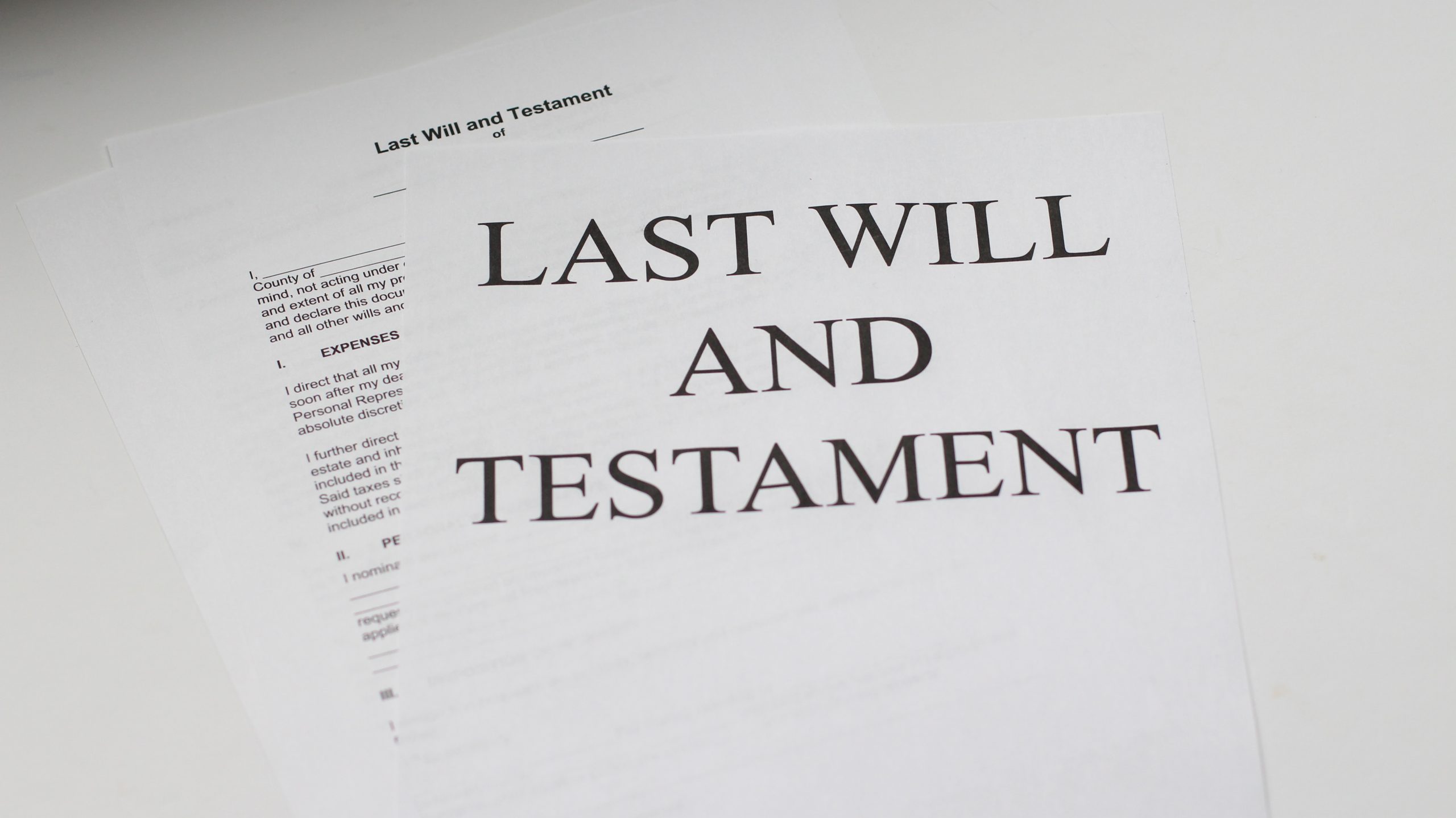Wills and Trusts
We can provide the expertly crafted Will or estate planning package in the time frame you need. Whether it's a last-minute Will at the hospital, or you need a masterful legacy trust, so your children and your grandchildren will be provided for, we have the expertise to deliver. Our tech-savvy team of mobile notaries, paralegals, and attorneys are here to accommodate your situation.
Wills
The basic requirements of a last Will and Testament are:
- Age: The testator must be at least 18 years old.
- Capacity: The testator must be of sound mind.
- Bequest: Instructions for Disbursement of Assets
- Signature: The Will must be signed by the testator or by someone else in the testator’s name in his presence, by his direction.
A proper and valid Will allows you to disburse assets upon your death, as well as care for your spouse, children and loved ones. Wills can be simple or complex, involving trust instruments, but having a valid Will prevents your assets from being liquidated by the court through intestacy.


Trusts
Trusts are a powerful means to provide care and stability for yourself and your beneficiaries. Proper use of Trusts can offer significant tax benefits, as well.
Developing a trust can aid you in caring for your family after your passing or in caring for yourself if you become disabled. Trusts offer significant legal and tax benefits, and they are also a great vehicle to carry out your charitable giving.
Legacy/
Dynasty Trusts
Often favored by the well-heeled, legacy/dynasty trusts, which are irrevocable, offer the ability to consolidate wealth and pass it down from multiple generations, and in fact, can continue indefinitely with careful drafting. Careful planning is required for the success of a dynasty trust which cannot only protect the family assets from creditors but also provide significant tax benefits, such as avoiding estate taxes. Let us demystify the Legacy/Dynasty Trust for you and create one that will stand the test of time.


Health Care Directives/
Living Wills
We recommend incorporating a health care directive/Living Will in your Last Will and Testament. Doing so ensures that your desires for life-sustaining medical treatment, in regard to resuscitation, instrument assisted breathing, etc., are followed.
Power of Attorney
A financial or medical power of attorney appoints a person usually with authority to make financial or health care decisions in the event you become incapacitated.


Probate
Probate is a commonly misunderstood proceeding. Often times, most property can be disbursed outside of probate.The only time the property of a person who passes away goes through the probate process is if the decedent held property just in his or her name alone.
Proceeds from insurance policies pass directly to the named beneficiaries (unless the policy names the estate as beneficiary) without being part of the probate process. Property held as joint tenants with right of survivorship or as Tenants by the Entireties will pass to the surviving joint owner. Property held as “payable on death” will pass to the designated beneficiaries. Assets that are held in a revocable or irrevocable trust will pass to the beneficiaries named under the trust instrument without going through probate (unless the trust terminates and provides the assets are to be distributed to the estate).
FAQ
Most frequent questions and answers
A will is one of the most important of all legal documents. It is the legal declaration of a person’s intentions and desires that he directs to be carried out after his death. By making a will you can specify how you want your property distributed after your death; you can name a personal representative who has the responsibility to collect assets, pay bills and distribute your estate according to the terms of your will; you can make charitable bequests; and you can nominate someone in whom you have confidence to be a guardian of your minor children. Without a will, the intestate laws of the State of Maryland direct the order of priority for those individuals to serve as personal representative of the estate; what heirs are entitled to receive the assets of the estate; and in some instances the Orphans’ Court shall make the appointment of a guardian for your minor children.
Wills of living persons, which are held for safekeeping by the Register of Wills, are not public records. In the State of Maryland you may not review the Will of a living person if it is in the custody of the Register of Wills.
Wills and probate records of deceased individuals are public records and may be reviewed in the Register’s Office in which they were filed.
Where to keep a Will is a personal decision. We suggest that it be kept in a place where it is safe from theft and damage from fire or water. The named personal representative should be given a copy of the Will and/or instructions as to where the original Will is located.
Only the testator, or someone who has explicit written instructions signed by the testator, can withdraw a Will from safekeeping. Proper identification is required. For more information please call the Register of Wills Office in the jurisdiction holding the Will.
Yes, if the value of the assets exceed the debts.
Under Maryland Law, there is no difference between real property and personal property.
If the motor vehicle was in the decedent’s name alone and the net value is under $50,000, a small estate is necessary.
If there is a surviving spouse and the net value is under $100,000 a small estate is necessary.
If the net value is over $50,000 and there is no surviving spouse, a regular estate is necessary.
